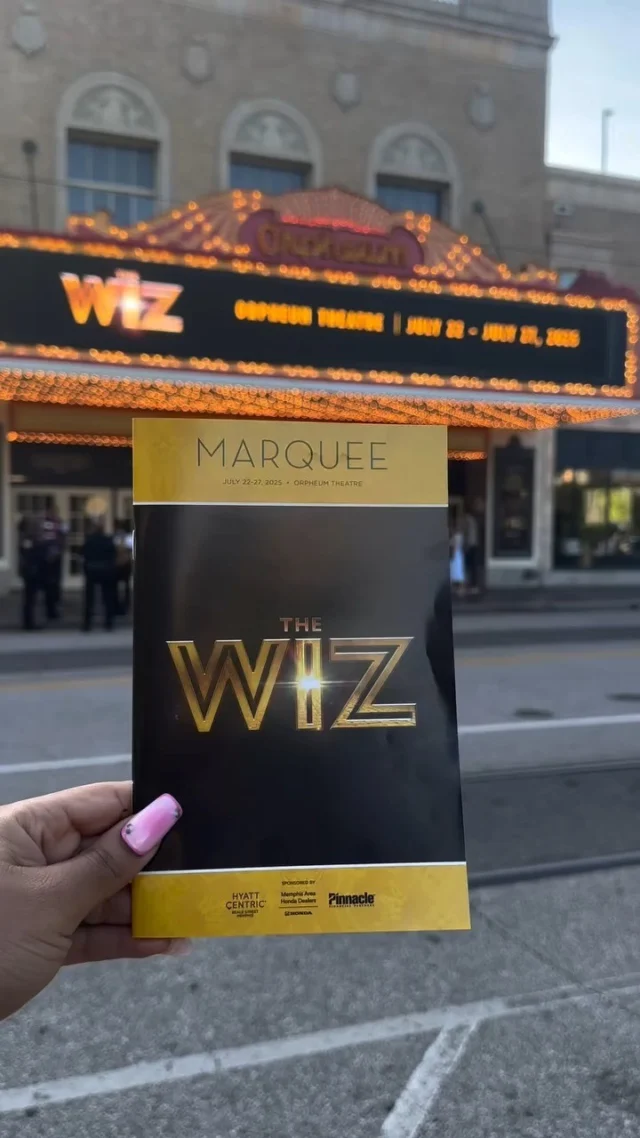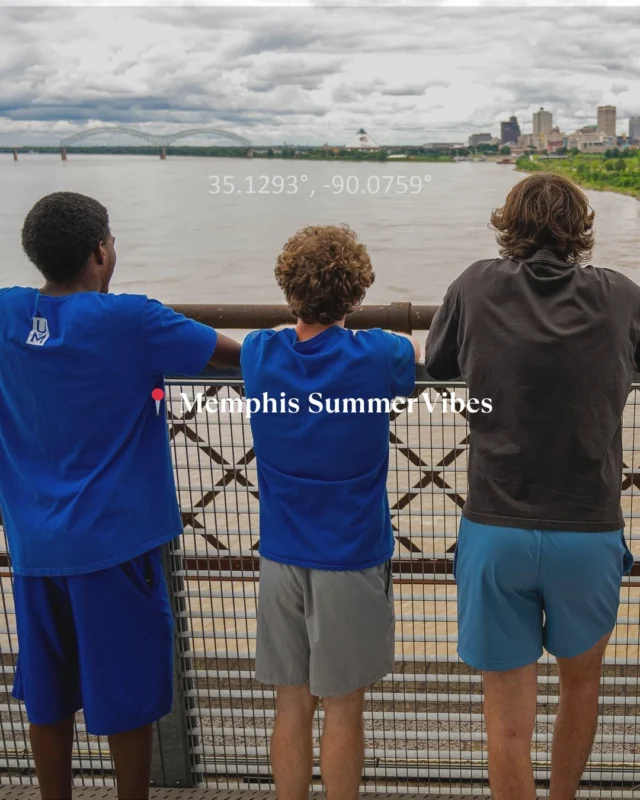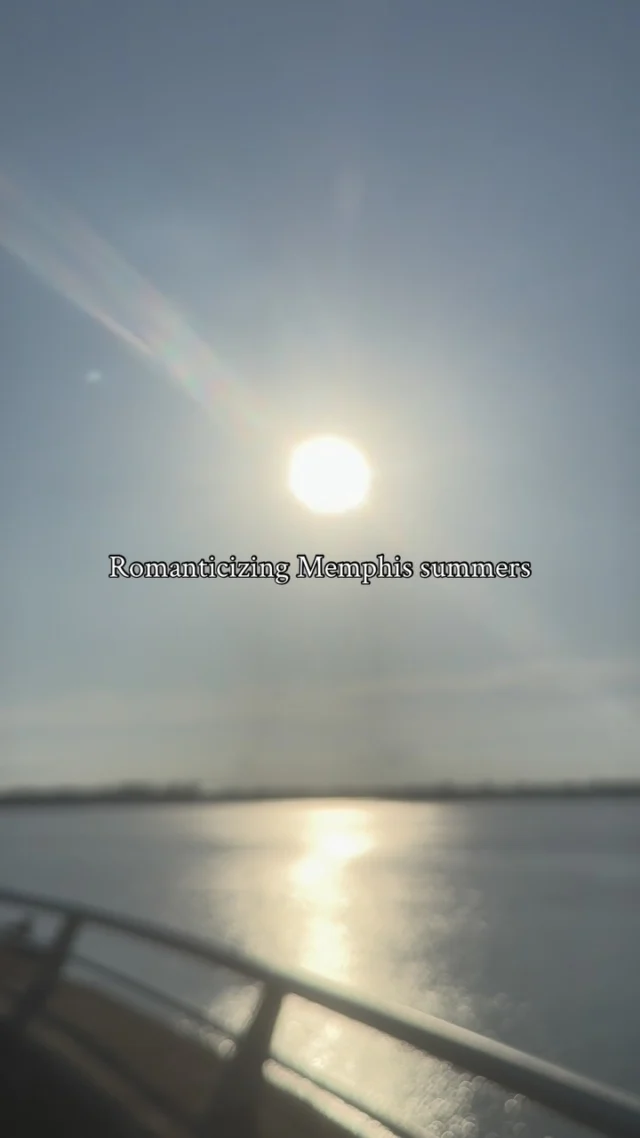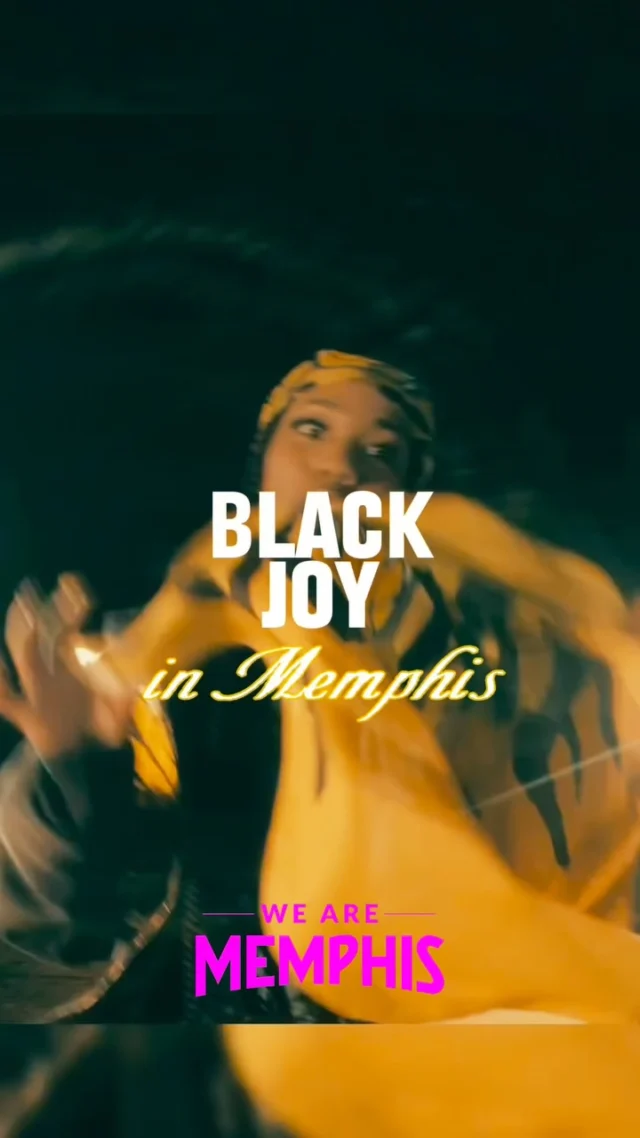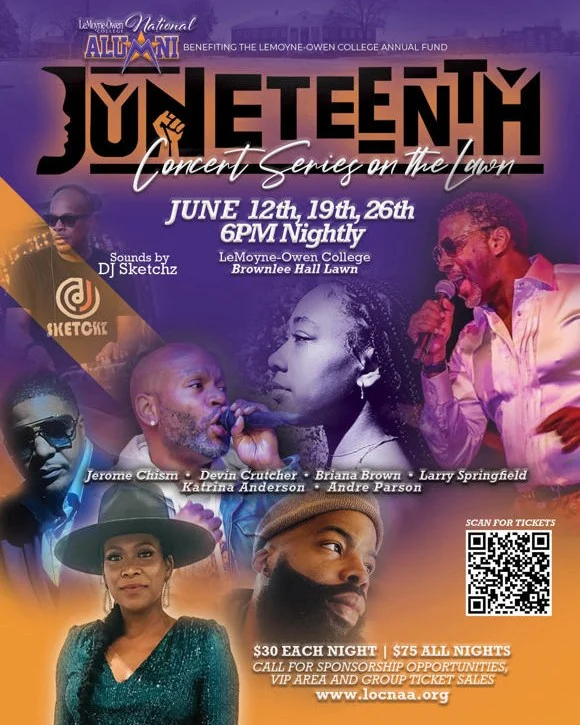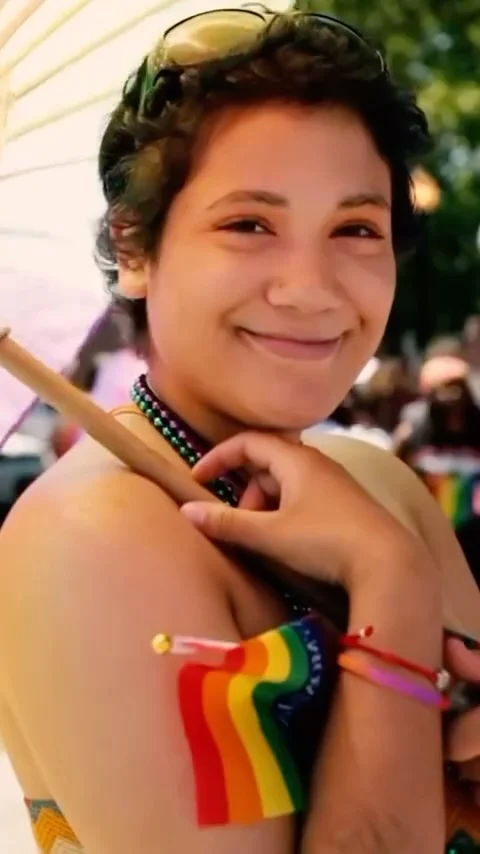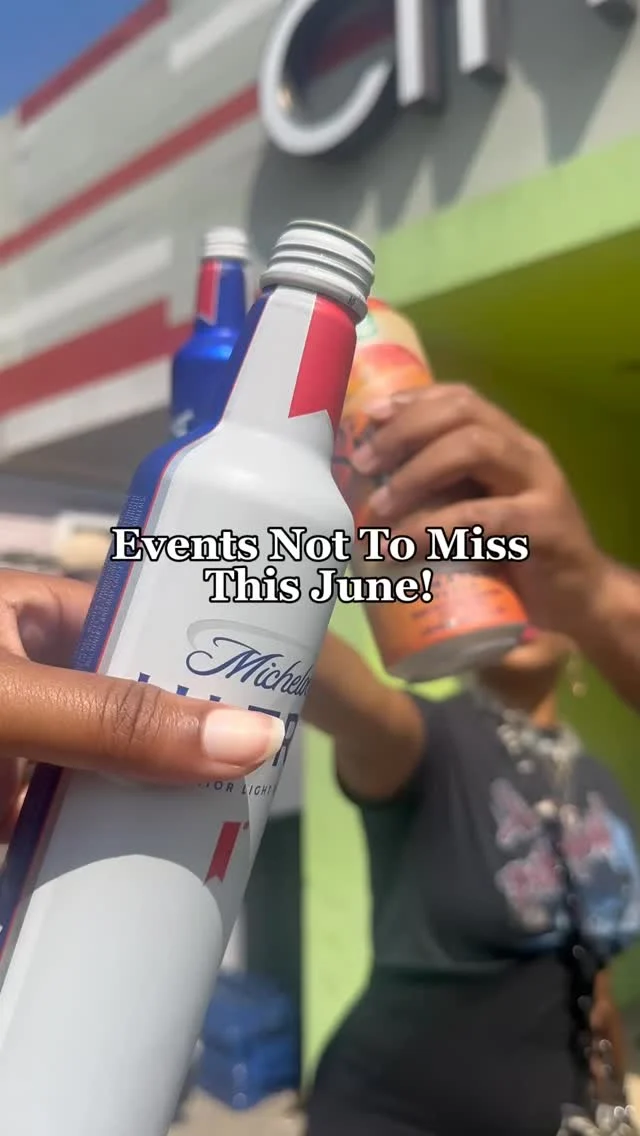by Zachary Corsa
In the very heart of Cooper-Young, a battered red wooden door under a blue awning is a Narnia-like portal to an eccentric and enduring fixture of bohemian Memphis. Upon entering, all manner of strange curios and beguiling art greets you; books, a fireplace mantle, and an expectant chess board mingle cozily beneath a dangling disco mirror ball, and consistently-delicious baked goods and beverages are always close at hand. Java Cabana’s been around a long time, and has seen its share of changes, but this tiny marvel of a cafe has blessedly emerged from pandemic limbo energized by renewed purpose, not the least of which manifests in the booking of live music.
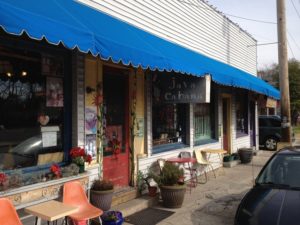
That’s where Cheyenne Marrs comes in. A Memphis music scene familiar (and currently the guitarist for dreamy garage-rock combo S P A C E R), Marrs’ work at Java Cabana extends beyond that of typical barista duties. Enthusiastic and encouraging while brainstorming all sorts of visionary ideas for the cafe’s future, Marrs’ fantasies of board game nights and other potential community engagements all seem possible behind his boundless gumption. As of late, that’s also included booking intimate musical performances at the space, with hopes to fill some of the gap left in the local ‘small show’ scene by the closing of beloved science-fiction bookstore Two Rivers, which had been located next door. Two Rivers had gained a reputation for hosting quality, envelope-pushing events, especially those featuring experimental Memphian musicians; to see the beginnings of the same sort of small-scale hospitality brewing next door makes absolute, and highly-exciting, sense.
In conversation, Marrs is all too happy to lay out the Cabana’s considerable history, and like so many Memphis stories of its kind, this one starts with Elvis. When Java Cabana opened in 1992, the original King-obsessed owners kept a shrine of the man himself in the back, where customers could be married by an ordained priest dressed in Elvis garb if they so chose. Marrs himself has played shows at Java Cabana “on and off over the last fifteen years”, and had been encouraged to work there several times before finally taking up the offer. Admittedly in search of a “super low stress” job, he seems to have found a compelling canvas upon which to sketch out the grandest possibilities for the cafe’s evolution.
It almost didn’t happen like this. When previous owner Mary Burns, who had purchased the business in 1998 and was known for holding highly-respected poetry readings there, suddenly passed away from lung cancer in 2019, the future of the cafe seemed jeopardized, something compounded by the beginning of the COVID-19 pandemic soon after. Thankfully, Marrs is now part of a new generation pitching in to expand Java Cabana’s legacy even further, and that includes a renewed focus on music bookings.
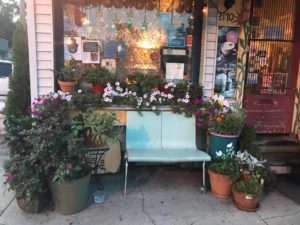
When asked if he has any overriding vision of what he hopes to book at Java Cabana, Marrs simply wishes to book a “wide range of stuff”. This flexibility of genre and scope suits the off-kilter kitsch of this singular cafe quite well, and he should have no problem filling Java Cabana’s few Formica tables and comfy couches for such events and others. And full disclaimer – having performed there recently myself (and also sampling some of Marrs’ tasty prototype connections, to boot), I’m definitely less than an unbiased party when it comes to boosting the visibility of shows at this latest iteration of Java Cabana. It’s the kind of place you long to tell others about and introduce them to, its overall vibe as quirky as it is welcoming, as warm as it is intriguing. Perhaps that’s why the cafe has refused to be stamped out of existence over three decades of operation, merely donning new identities to survive while similar Memphis businesses dwindle and shutter.
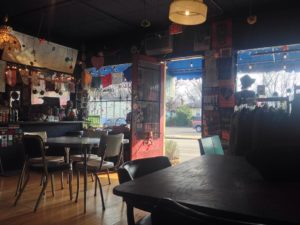
This is an important history to consider when talking about Java Cabana. Businesses in Memphis, as in other great cities, tend to ebb and flow. Some acquire considerable standing with time and thus appear to confirm their permanence (though as the recent loss of the widely-adored P&H Cafe proves, nowhere so magical should be taken for granted, not in the face of anyone’s narrow idea of “progress”). Others, like the aforementioned Two Rivers Bookstore, seem to slip into the stream of yesterdays as quickly as they’d arrived, often breaking hearts as they go. But more than anything else that Java Cabana has been in the past thirty years, the cafe is a survivor, made of a considerable quality of stern stuff and as wildly-unorthodox as its decor and spirit. Who knows what forms the cafe might take in future days, in distant future decades? We can only guess at the possibilities. For now, though, the latest guise of this little Cooper-Young miracle holds tremendous promise of even brighter things to come.
You might also be interested in: Memphis Women on the Big Stage
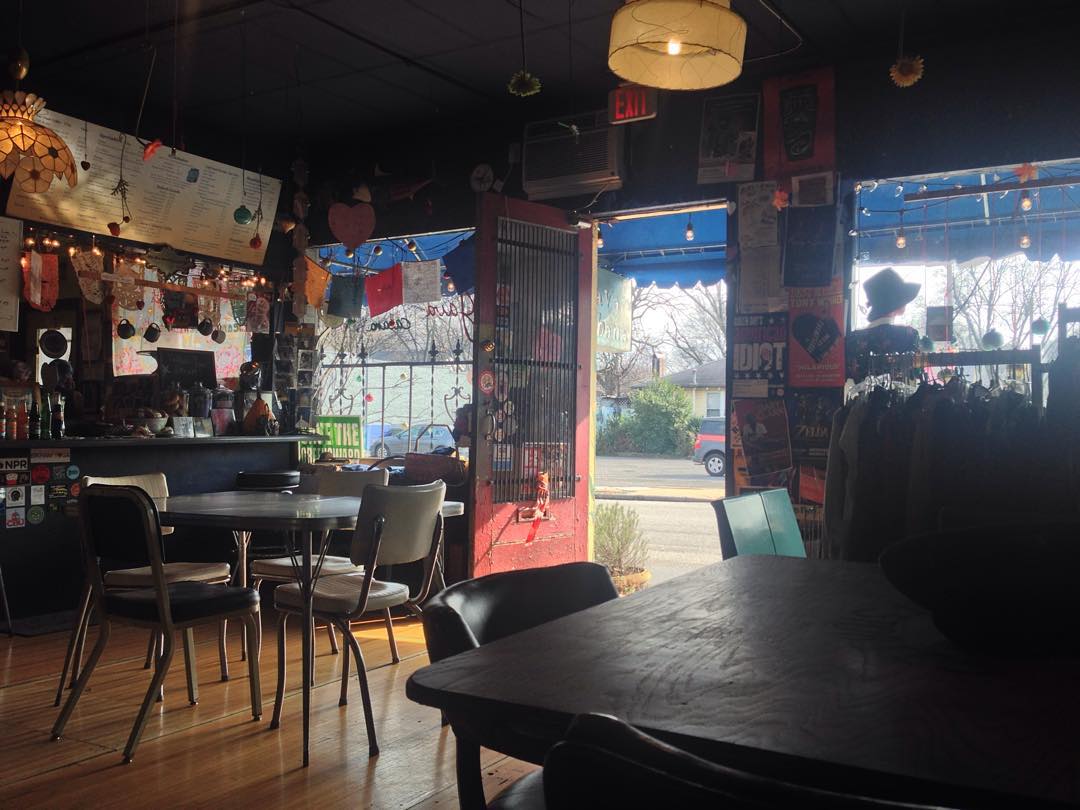







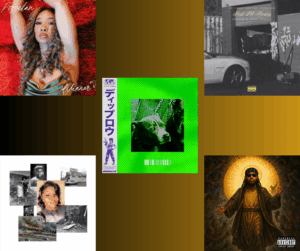
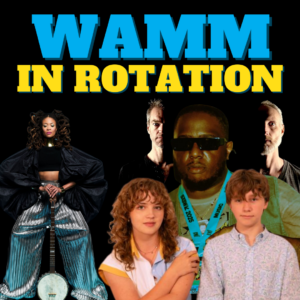


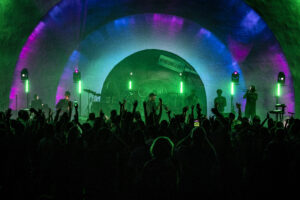
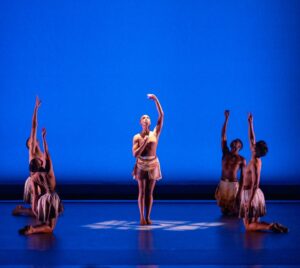


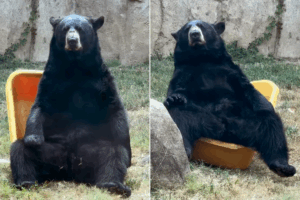

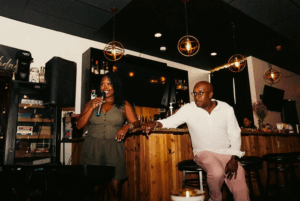




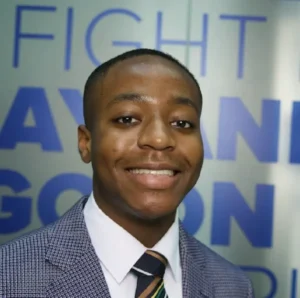


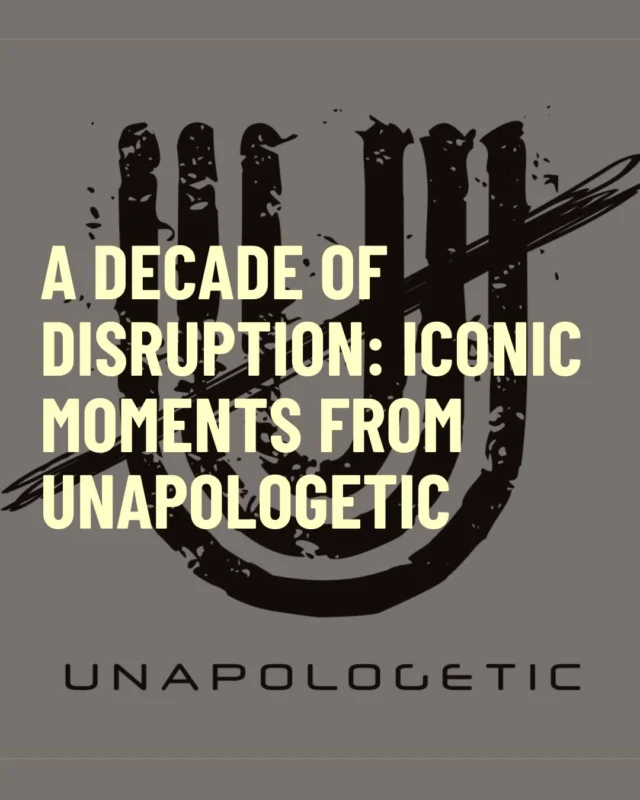


![The countdown is ON, Memphis! We’re officially 30 days out from the @unitememphis 5K + 1-Mile Walk/Run—and this year, we’re stepping into unity on 901 Day 🙌🏽
📍 Monday, September 1 | National Civil Rights Museum
🕘 Start time: 9:01AM
🎶 Food, music & fun to follow
Whether you’re walking or running, this isn’t just a race—it’s a movement. And there’s no better time to join in than now. 👟✨
🎓 COLLEGE STUDENTS: Be one of the first 100 to register using your .edu email with promo code NEXTGENUNITE and your ticket is just $10 (that’s a $32 savings 👀). Limit 2 per person, so tell a friend!
Let’s walk. Let’s run.
Let’s #UniteMemphis 💛
🔗 [link in bio]](https://wearememphis.com/wp-content/uploads/sb-instagram-feed-images/526805187_18335272954206022_6056852028660485499_nfull.webp)
